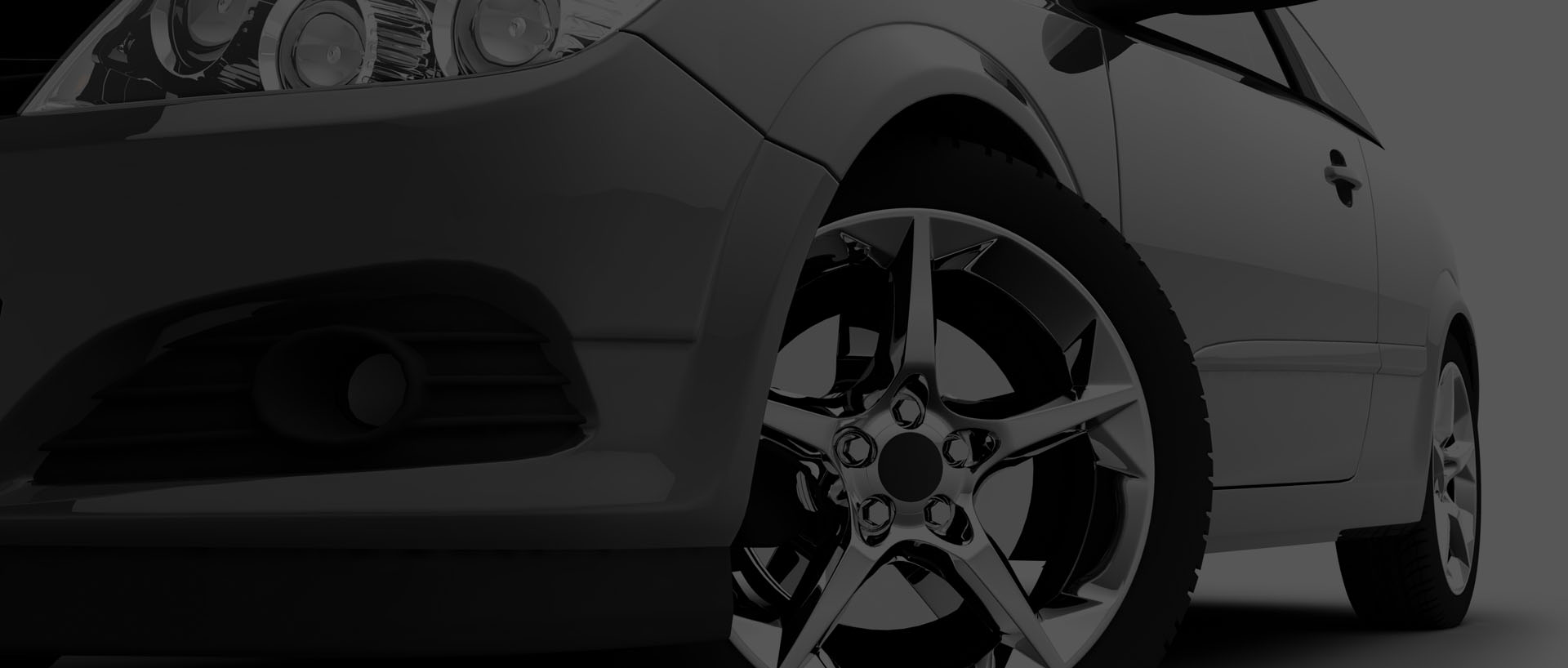Buying a new set of wheels for your car can be as much of an investment as you choose to make it. Brand new wheels can run from about $50 each to tens of thousands per wheel. Let’s take a closer look at choosing the type you need and the costs.

Steel vs. alloy
What You Need To Know Before Purchasing
Steel wheels are the cheapest and most durable wheel option on the market. They generally run from about $50 each and are great for standing up to winter conditions, and particularly for heavy or hard-working vehicles.
Get The Right Wheels For Your Car Or Truck
Because steel wheels are so much heavier than alloys in the same sizes, they can put additional strain on your car or truck’s suspension. This can make acceleration more difficult and change your center of gravity, which ultimately can affect handling. During the winter though, all that extra weight can mean extra traction when you need it most on icy roads.
Steel wheels are not aesthetically the greatest, but if you’re looking for function over form, steel wheels might be just what you need. Consider this: police departments run steel wheels on their fleets of cars, they’re cheap to run through with heavy use, and durable enough to handle running over curbs regularly.
Alloy wheels generally cost more (over $500 for a full set), but they save in the long run on fuel economy alone. Thanks to being lighter weight versus steel, they’ll give you better fuel economy, especially during city driving.
Unfortunately, alloy wheels can bend and crack more easily, but that’s a worthwhile trade off when you consider gas mileage, handling and better acceleration. They feature nicer designs that add both style and function when you’re modifying your vehicle.
Cast Versus Forged Wheels
There are two primary ways to manufacture wheels – casting and forging. So what’s the difference?
Cast wheels are made by pouring molten aluminum into a mold that’s shaped like the wheel. Once it cools, it’s removed from the mold, and finishing touches are made. It can be trimmed, cleaned up and drilled out for mounting. The process is quick, which makes for less expensive production and a less expensive wheel for the buyer.
Cast wheels are more porous because of the curing process, so they’re more susceptible to cracks and other structural issues when they’re put up to extreme use. For normal driving conditions, that porosity isn’t something to worry about.
If you have the budget to spring for a little more, you can look into forged wheels. Forged wheels start as a solid block of billet aluminum. This is shaped into the wheel form and pressurized for added strength before it’s machined out into the final wheel design. Forged wheels are significantly lighter and stronger than cast wheels, and the look can’t be matched with cast wheels. If you have a serious race car, they’re well worth the investment. For most people, it’s just a matter of aesthetics.
Jwheel, as an professional wheel manufacturer, concentrates in R&D and manufacturing of aluminum alloy wheels, including casting wheels, forging wheels and flow-form wheels. The products of it have passed the certifications of SEI、SEMA,VIA, JWL, JWL-T, TUV and so on. Since establishment, Jwheel has been developing steadily, with rich experience of designing and producing aluminum alloy wheels. It has earned the appreciation of both domestic market and foreign market with its high technology, good quality and customer service. It provided OEM service to many international brands like Vossen, OE Wheel, TSW, Rays, ProLine, Oxygen, AUTEC, etc., and it also provide ODM service, that is, for producing a new wheel, you can just provide a sketch, drawing or picture, and then Jwheel will finish the rest parts. By the way, the MOQ of forging wheels is four. (For more information, just go to the website: https://www.jjjwheel.com)